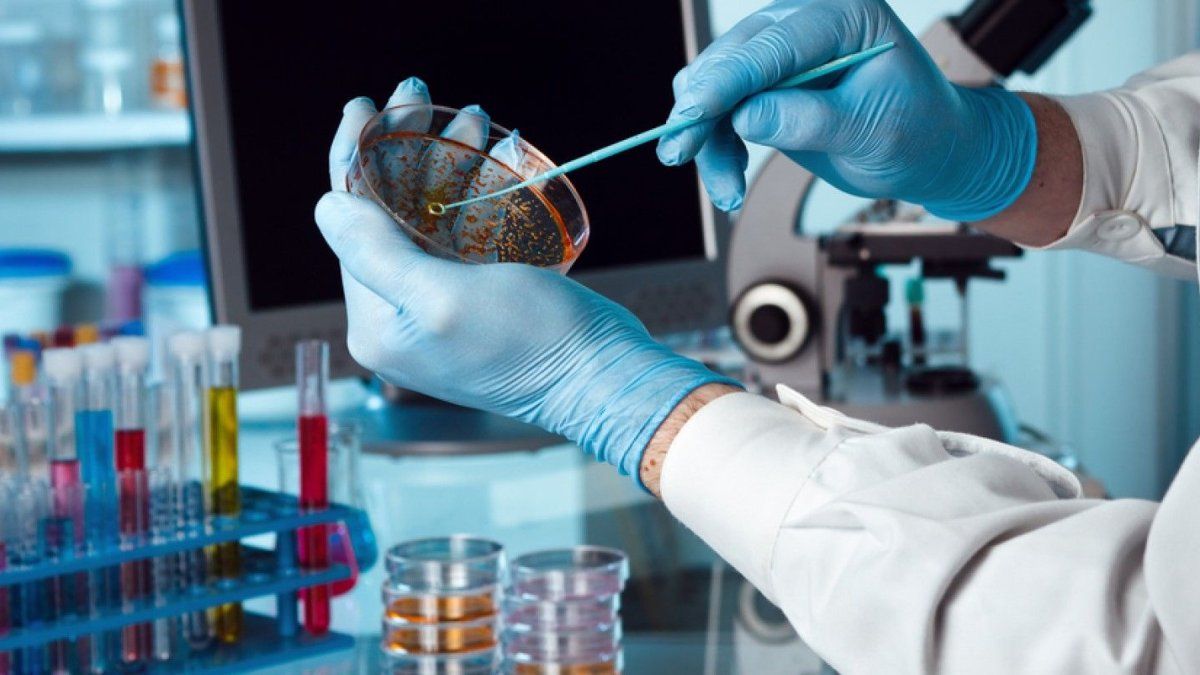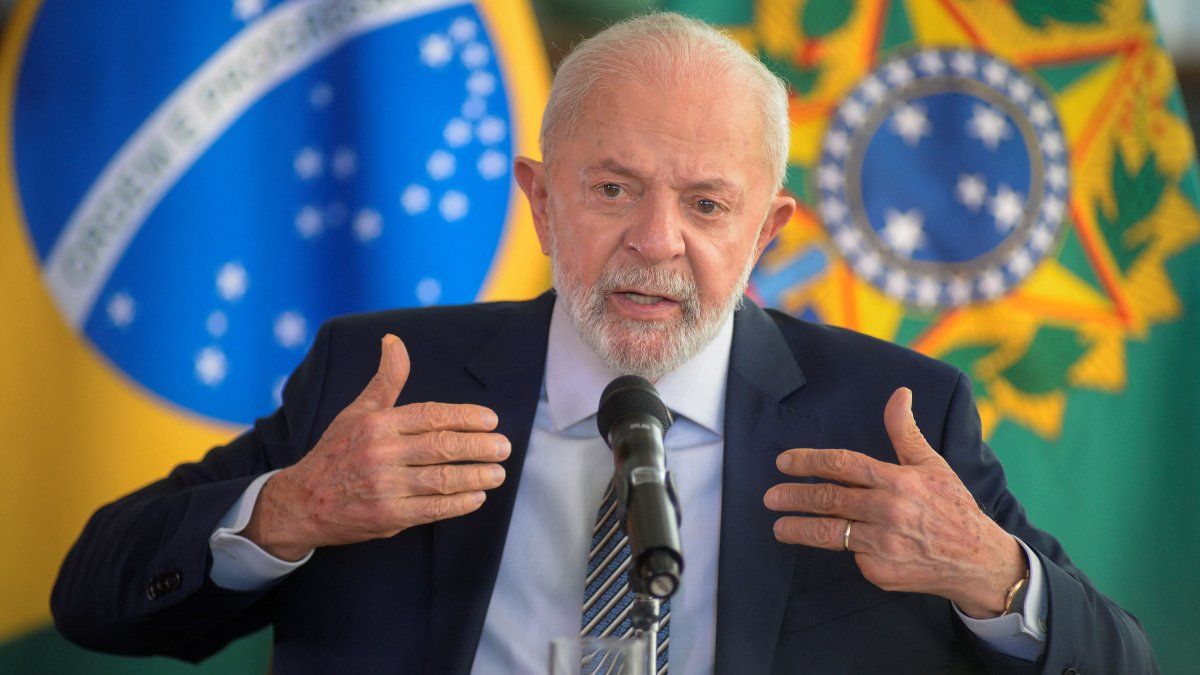Argentine, innovative and growing biotechnology is limited by an obsolete intellectual property system that slows investment and competitiveness. A legal reform is urgent to take advantage of international opportunities and enhance the sector.
Argentine biotechnology, a dynamic and strategic sector, faces a crucial moment. According to a report prepared by the Argentine Chamber of Biotechnology, with 340 active companies, a notable growth since 2008 and concentrated mostly in the city and the provinces of Buenos Aires, Santa Fe and Córdoba, this ecosystem stands out for its entrepreneurial impulse and the high qualification of its nearly 20,000 employees. In recent years, an intense entrepreneurial dynamic is observed, since 43 percent of them are startups founded in the last seven years. Innovation is key: 71% of companies developed new products and processes, almost 50% with world relevance, which is reflected in 250 patent applications, 70% abroad.
The content you want to access is exclusive to subscribers.
Despite this potential, the future of the sector is committed by an obsolete and restrictive intellectual property framework. Especially in the biotechnological and pharmaceutical sector, the PI regime has long been characterized by measures that, far from encouraging innovation, distort legal competition, stop innovation and, in addition, do not fulfill the country’s international commitments.


These features are manifested in a series of legislative, administrative and institutional practices that create uncertainty for innovators and hinder investment in intensive research industries. Within this framework, the patent concession rate in pharmaceutical biotechnological and chemical sectors in Argentina, according to the statistics of the National Institute of Industrial Property -INPI, is less than 11%, well below other sectors of the industry (60%) or similar countries, harming biotechnological R&D and its expansion potential to other industries.
In this context, the possible commercial agreement between the European Union (EU) and Mercosur offers a historical opportunity. His PI chapter seeks to align Mercosur regimes with EU standards, reinforcing patents, marks, and recognizing geographical indications. It could facilitate preferential access to European markets, technological transfer and scientific collaboration, improving legal certainty and attractiveness for foreign investment.
However, the agreement lacks binding commitments to review the administrative restrictions faced by patents or to establish adequate intellectual property protection. Adhesion to the Patent Cooperation Treaty (PCT), which facilitates requesting patent protection in several countries through a single international procedure, is only encouraged with a “better efforts” clause, that is, not as an obligation to countries, but as a possibility of adhesion. The PCT is a treaty that favors the registration of patents in various countries and that allows reducing registration costs for entrepreneurs and Argentine companies. This regulatory weakness strengthens the status quo, maintaining legal uncertainty and deterring investment.
The consequences of not acting are clear: a biotechnological sector that does not reach its potential, isolation of global value chains, problems in obtaining resources in investment rounds and delay in access to innovations. To prosper, Argentina must reform its Pi frame. For this, it is imperative to repeal the 2012 restrictive guidelines-which prevent the granting of chemical-pharmaceutical patents in Argentina-, adhering fully to the PCT without reservations and strengthening the observance of the PI and promoting transparency.
Argentina is at a strategic crossroads. Aligning its intellectual property policy with world norms is key to its competitiveness, economic sovereignty and public health. Only in its promising biotechnological sector can flourish and position the country as a key global actor.
The author is the Executive Director of the Master in Intellectual Property and New Technologies of the Universidad Austral.
Source: Ambito
David William is a talented author who has made a name for himself in the world of writing. He is a professional author who writes on a wide range of topics, from general interest to opinion news. David is currently working as a writer at 24 hours worlds where he brings his unique perspective and in-depth research to his articles, making them both informative and engaging.




